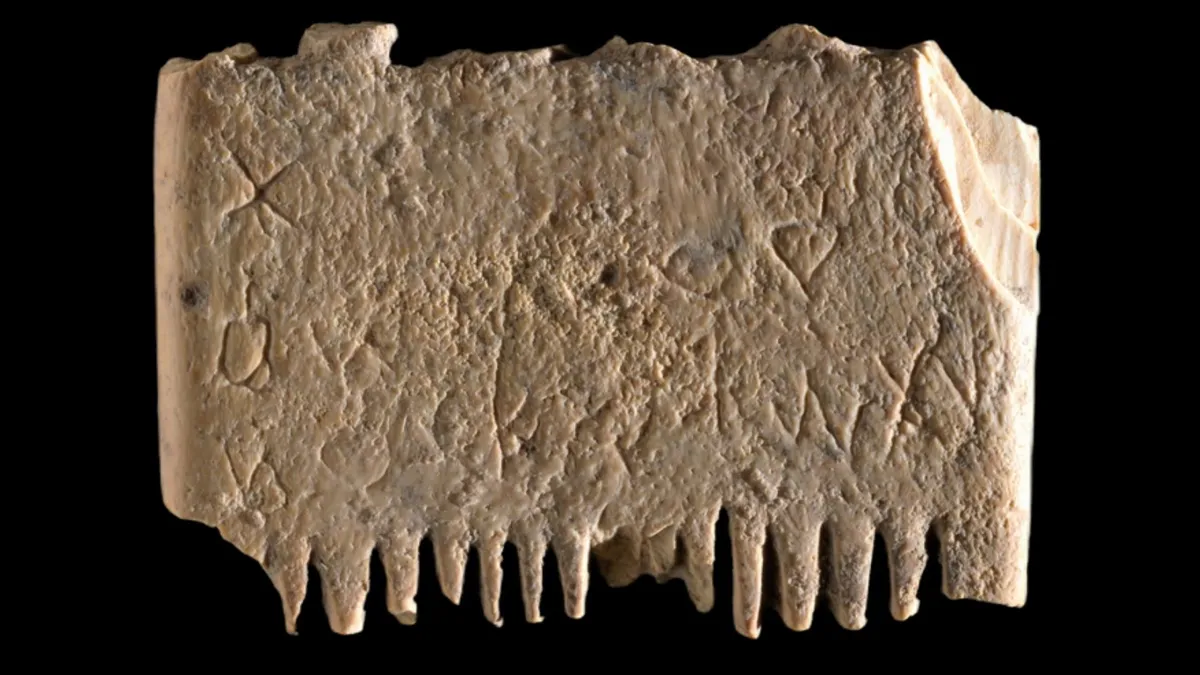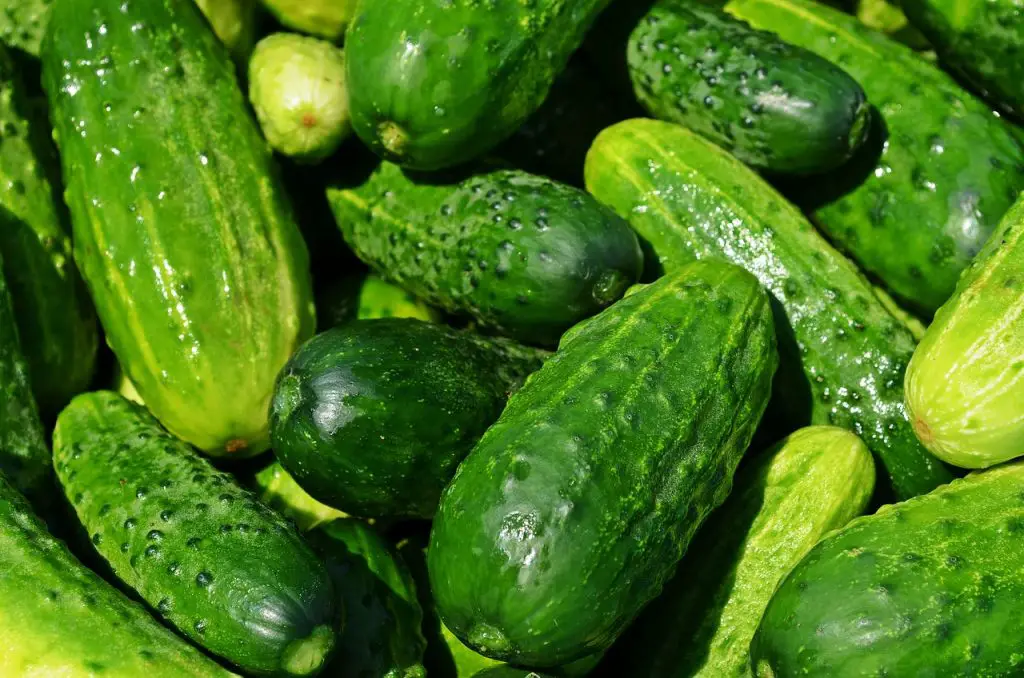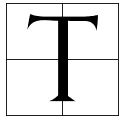 he first words of humanity were for history just like the first steps taken on the moon by astronauts. Although today it may seem like an insignificant matter, during those times it was a huge step for humanity.
he first words of humanity were for history just like the first steps taken on the moon by astronauts. Although today it may seem like an insignificant matter, during those times it was a huge step for humanity.
The oldest known complete phrase written in Canaanite has most likely been discovered by Israeli experts on an antique comb. A research that was just published in the Jerusalem Journal of Archaeology reported the discovery.
The writing may date back 3,700 years. It advises individuals to comb their hair and beards to get rid of lice, and microscopic insects.
The sentence contains 17 letters that read: “May this tusk root out the lice of the hair and the beard.”
Translated from Canaanite alphabet
According to experts, the finding sheds light on some of the 3,800-year-old Canaanite alphabet’s first use. For succeeding alphabetic systems like Hebrew, Greek, Latin, and Cyrillic, the Canaanite alphabet served as the model. It is unclear exactly what language was used when the sentence was written taking into consideration how old this relic is.
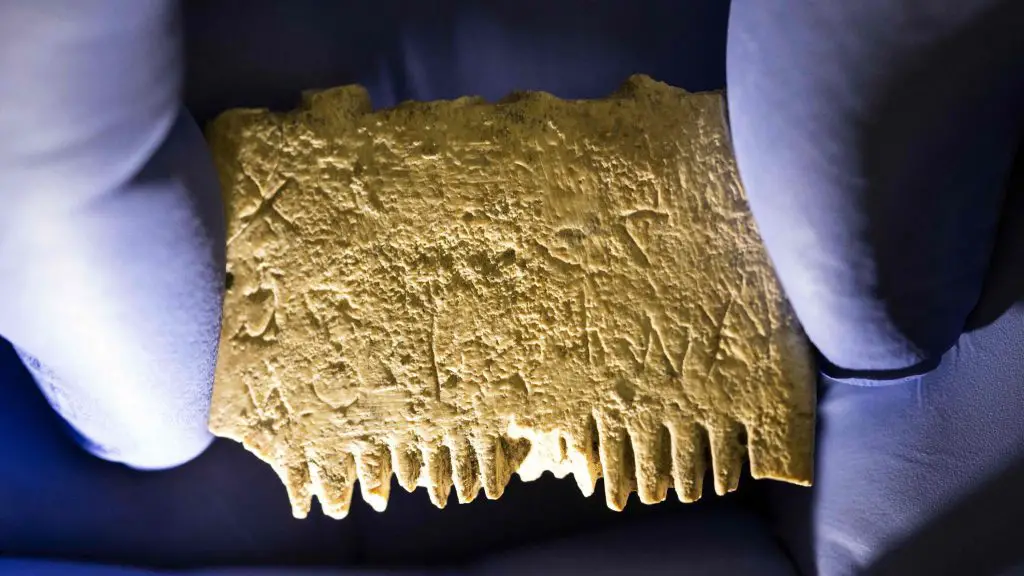
The comb has teeth on both sides and is barely 3.5 by 2.5 centimeters (1.38 by 1 inch) in size; the remainder of the teeth were probably broken long ago. Only the bases of the teeth are still there. The bigger teeth on one side were better for breaking up knots, while the 14 finer teeth on the other side were probably employed to remove lice and their eggs from beards and hair. The experts believe that someone’s fingers presumably held the comb there while it was being used since further examination revealed considerable degradation at the comb’s core.
In order to confirm that the comb is composed of ivory from an elephant tusk, the authors also utilized X-ray fluorescence spectroscopy, Fourier-transform infrared spectroscopy, and digital microscopy, which suggests it was imported.
The comb was initially discovered in southern Israel in 2016. But it wasn’t until the end of last year that a professor at Israel’s Hebrew University became aware of the little writing.
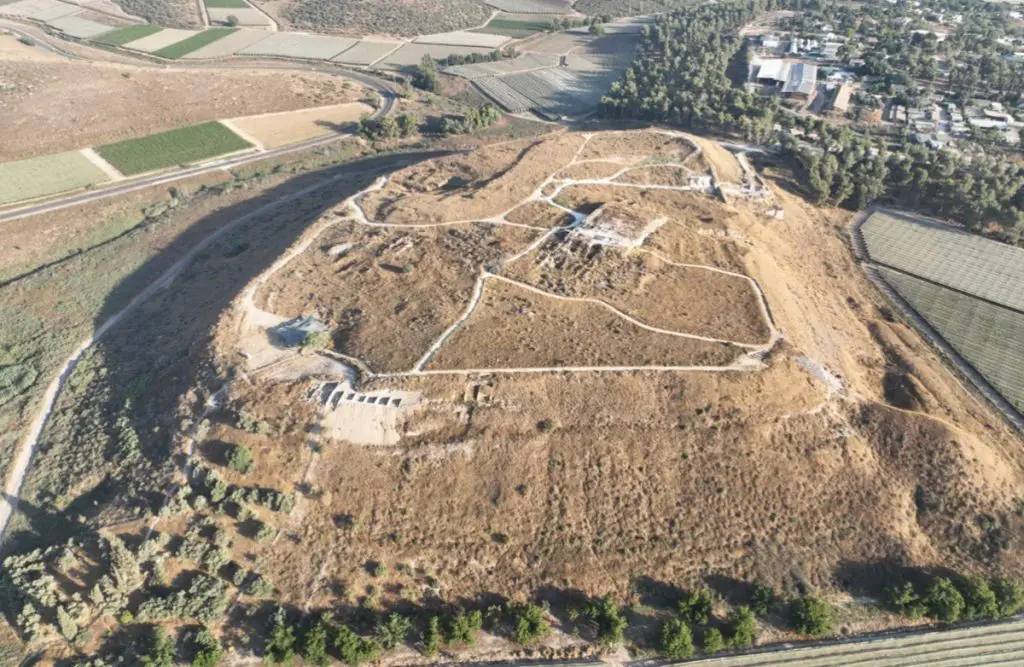
The Associated Press met with Yosef Garfinkel, the principal researcher from Hebrew University. Although other ancient artifacts containing Canaanite writing have been unearthed throughout the years, the comb, according to him, has the earliest fully preserved phrase.
Early finds, according to Garfinkel, only comprised a few letters and maybe a few words. Such condensed writings did not allow much opportunity for additional investigation into the Canaanite way of life. He claimed, “We didn’t have enough material.
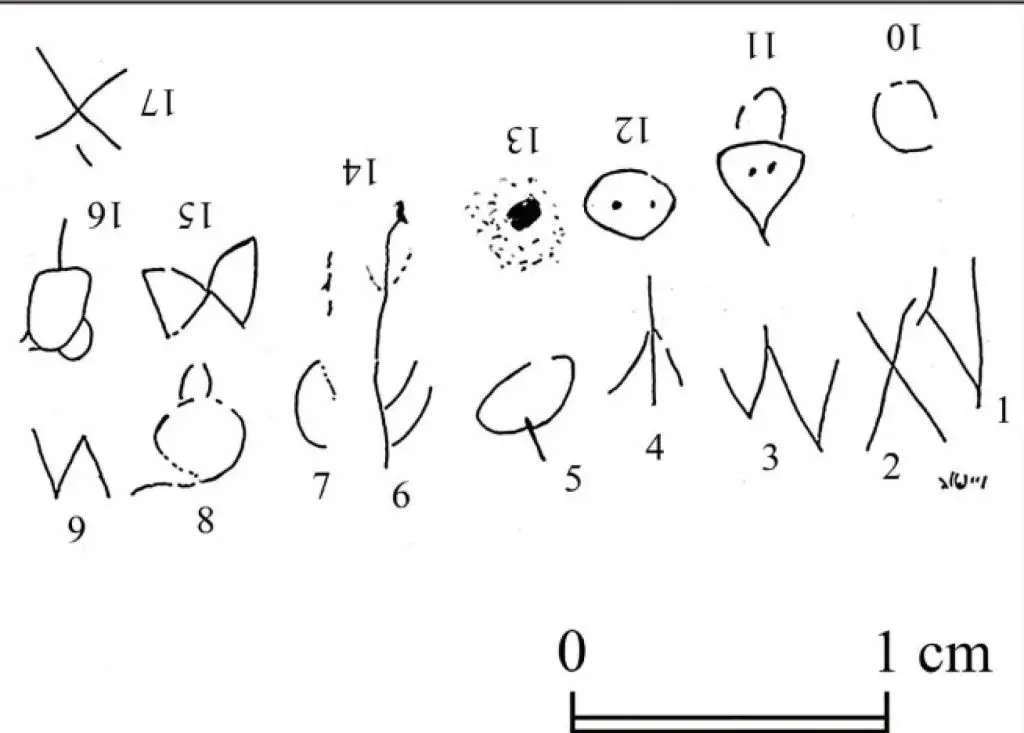
Experts who dated the script to 3,700 years ago used a comparison model with the Canaanite alphabet found in Egypt’s Sinai Desert. This style of writing dates back between 3,900 and 3,700 years. This discovery further suggests that the Canaanites were the best among early civilizations in their use of written words and written explanations.
Avid Writer with invaluable knowledge of Humanity!
Upcoming historian with over 30 million views online.
“You make your own life.”

